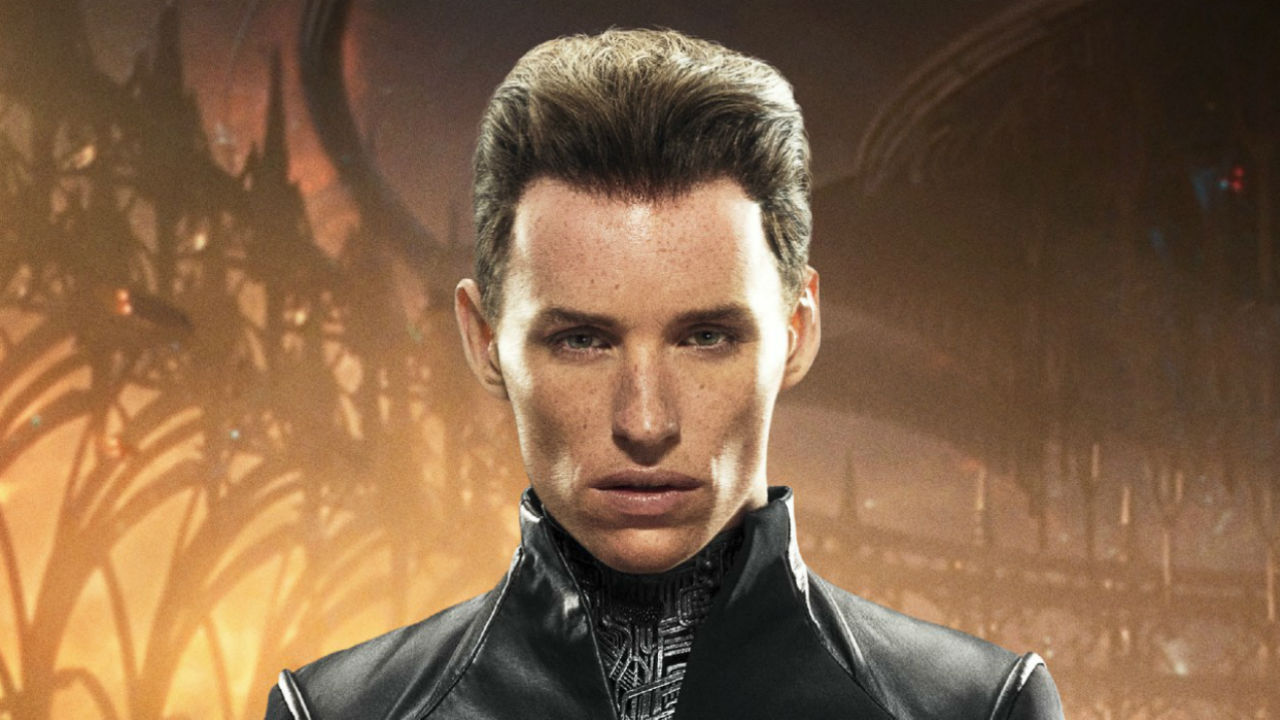
The opportunities to direct Hollywood films are few and far in between.
But often, a prospective indie director is plucked after a couple critical hits and thrust into the driver’s seat of a major blockbuster. Just look at Jordan Vogt-Roberts, Jon Watts, or Josh Trank, and that’s just the “J’s”.
And when some of them fail (Trank), they’re cycled through twice as fast as their arrival on the scene.
Then there’s the directors who succeed at the top of the food chain. Yet, at a moment’s notice, one production ruined their careers. And even the favorite blockbusters and Academy darlings of their past couldn’t save them.
For this list, we’ve selected directors who had all kinds of potential and those who had been in the game for decades. You’ll see ones who got way too many chances to begin with and those who were unrightfully outcasted.
And it only took one disaster of a production to trigger their fall from grace.
1. Batman and Robin – Joel Schumacher
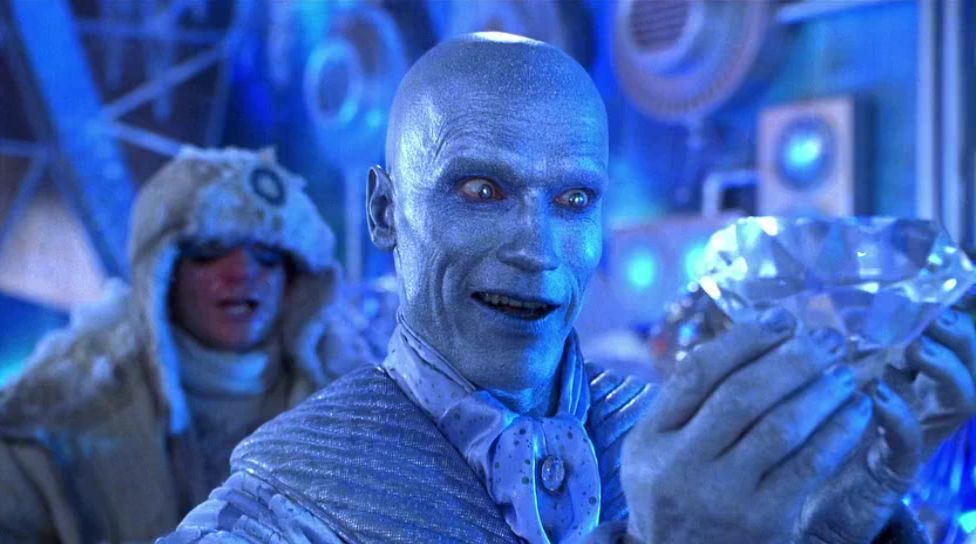
Maybe we should’ve seen it coming after Batman Forever. You know, the incoherent carnival of tackiness. But after Joel Schumacher did A Time to Kill in between Forever and Batman and Robin, it seemed he was still on his feet.
But B&R made him lose his directorial footing faster than you can say, “Bat nipples.”
In the conversation for worst superhero and worst big-budget movie of all time, Batman and Robin failed on every level. This killed Alicia Silverstone’s career, sort of killed Chris O’Donnell’s career, and probably should’ve killed George Clooney’s career. But then again, he’s George Clooney.
From the cheesy one-liners of Arnold Schwarzenegger, to the wasted talent of Uma Thurman, there were all sorts of slip-ups from Schumacher. But the worst part was, Schumacher’s vision was very much realized.
It wasn’t only because the content and style didn’t mesh, or due to the characters not resonating. There weren’t too many hands in the kitchen or constant quarrels between actors and producers. This was no Suicide Squad or Justice League. This was a director who knew what he was doing and simply made one of the worst movies of the decade.
This was coming from a guy who made St. Elmo’s Fire and The Lost Boys, two films that are far from perfect, but ones you could have emotional connections to. Same goes for Time to Kill. And even Flatliners wasn’t half-bad, with an interesting concept. But B&R was a literal joke.
Maybe directing a couple episodes of House of Cards brought some cred back to Schumacher’s name. But there’s no doubt he has little of the same backing he once had in Hollywood.
2. Gigli – Martin Brest
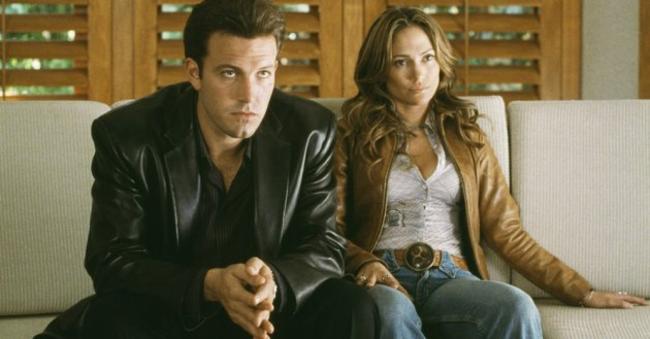
Martin Brest had a lot of potential.
He was 28 when Going in Style was released. There wasn’t a downpour of accolades for it, but there was a solid mix of characters and a witty but tender vibe that served it well.
Then he did Beverly Hills Cop. It was one of the biggest films of the mid-80’s and elevated not only Brest, but Eddie Murphy, to new heights. He followed it up with two Golden Globe nominations for Midnight Run, and four years later made Scent of a Woman.
Say what you will about Al Pacino’s performance (which won an Oscar to some people’s disbelief), but the movie remains a fan-favorite among mainstream audiences. Even if it took six years for Brest to release the plodding Meet Joe Black, there was still plenty of faith in his work.
Then came Gigli.
Rarely can you find a movie so vehemently hated by everyone who has seen it. And there’s physical proof of that in the critic (6%) and audience (12%) scores on Rotten Tomatoes.
Why do so many loathe it? Well, go watch it for yourself and see. No seriously, don’t do that.
It could be because Jennifer Lopez and Ben Affleck mix like pickles and jam. Or it may be due to the plot, if they’d actually formulated one. Even Pacino and Christopher Walken couldn’t class this joint up.
The $54M production swept the Razzies and made less than $8M back. Even worse, Brest’s career in film was finished.
3. Jupiter Ascending – The Wachowskis
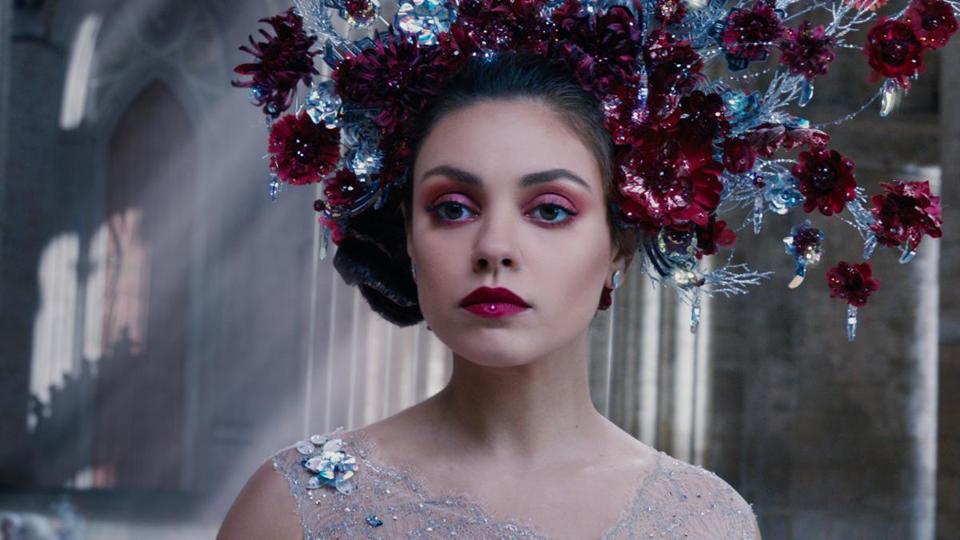
We know what you’re thinking. The Wachowskis have been one hell of a spark for Netflix, as their work on Sense8 has given them a bit of new life. But their opportunity to make big-budget movies seems to have finally slipped away.
We all know they’ve had a few prime chances. After the stylistic and action-packed innovation known as The Matrix swept the nation at the turn of the century, everyone has been waiting for that next incredible Wachowski creation.
Lana and Lilly have helmed some massive productions, from The Matrix sequels, to Speed Racer, to Cloud Atlas, and then finally the steaming sci-fi pile we call Jupiter Ascending.
Not only was Ascending the final resting place of the Wachowski hype, but it’s one of the major reasons we can no longer have original popcorn flicks. Its price tag was a $176M, and whatever isn’t swamped in CGI looks delightful. But that doesn’t account for much of the runtime. And finding anything else positive about the film is like finding a needle in space.
The story goes in a million different directions, with little to care for and a load of info to be dumped on you. And when there’s info dumps like these, it’s primetime for awkward dialogue.
From the business side of things, the film only made $184M worldwide. By comparison, Paul Blart: Mall Cop 2 made roughly $14M more domestically. That’s enough for all of Hollywood to turn their noses up from you. You take the fact large films usually double production costs with marketing while slashing half the box office they make, and that’s a near-disastrous loss.
Considering the same woes plagued Cloud Atlas and Speed Racer, the Wachowskis were looking at their third strike. So, they may never get another swing at creating a blockbuster. But at least they made a hit online.
4. Heaven’s Gate – Michael Cimino
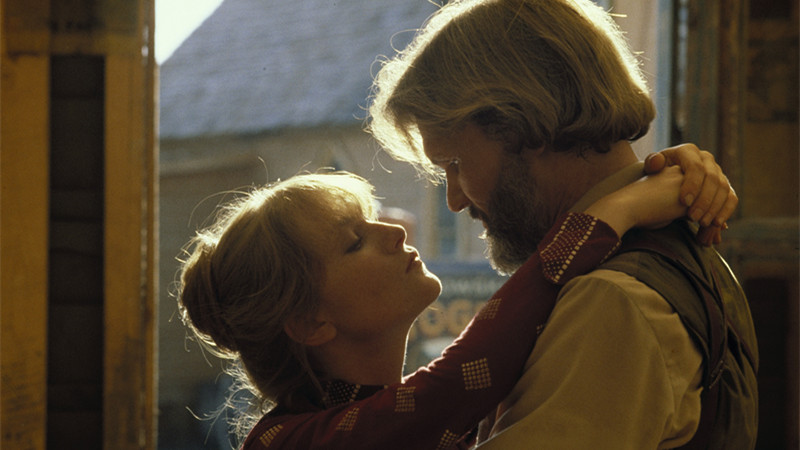
There’s no doubt Hollywood jumped on the Michael Cimino bandwagon a little early.
The Deer Hunter won five Oscars, with Cimino not only winning Best Director but also Best Picture. And it was only his second film.
He’d already garnered attention for the Clint Eastwood-starring Thunderbolt and Lightfoot. But Deer Hunter is to this day considered a top 10 film from what was a strong decade for American cinema, even compared to the one’s that bookend it.
Which makes it even harder to believe that one movie could drown out all the praise.
Heaven’s Gate was a massive production by those days’ standards. Before marketing and distribution costs, the film was already a $132M burden (when accounted for inflation). And by the time this epic western had run its course, it had only amassed a little over $10.5M. And yes, that number is counting for inflation too.
It would’ve been an ambitious film for anyone to make. The imagery is very detailed and humongous in scale. And it even has Christopher Walken, Jeff Bridges, Isabelle Huppert, and the late great John Hurt in its supporting cast. Yet none of that can save it.
It’s way too long, going into way too many directions, and draws so many scenes out unnecessarily. The actors (led by Kris Kristofferson) don’t have a chance in the midst of the worn central love-triangle. The version that’s five hours and 25 minutes long is the better of the two. But who wants to watch a movie that long to find out?
Though the film can’t be considered passable, it was its box office woes that led Cimino’s career to unrecoverable depths. He would only direct one more film the entire decade, and never got another project anywhere close to the size of Heaven’s Gate.
5. Rollerball – John McTiernan

A lot of movie fans don’t even remember John McTiernan, and it’s a shame. After all, he’s responsible for two of America’s most badass films.
The first was 1987’s Predator, and the second was 1989’s Die Hard. He made them back-to-back, only his second and third movies, respectively. He could’ve called it quits right there and been a semi-legend. But of course, with such success, he kept going.
This eventually led to Rollerball, but not before peppering the 90’s with memorable films such as The Hunt for Red October and Die Hard with a Vengeance. They weren’t perfect, but they were solid popcorn flicks nonetheless. He also weathered the storm of Last Action Hero. That reunion with Schwarzenegger (after Predator) was both a critical and box office failure.
Once he bounced back, it seemed his career returned to cruise control. Then the 2000’s rolled around and so did Rollerball. There were incremental signs that McTiernan was slipping, but nothing as obvious as with most of the individuals on this list.
Then came the massive flop of Rollerball, a remake that may be on a shortlist for worst movies of 2002. It was so bad, it simultaneously killed off his and lead actor Chris Klein’s careers.
McTiernan had always been a good action movie director. But he scrapped the social commentary from the original and replaced it with a violent and insipidly updated version. The acting is just as dull, and the editing makes for migraines.
Not a whole lot makes sense in this big-budget flub that didn’t even make back a third of its budget once you calculate in marketing costs. So, it’s no wonder McTiernan has only made one other movie since this fateful release.